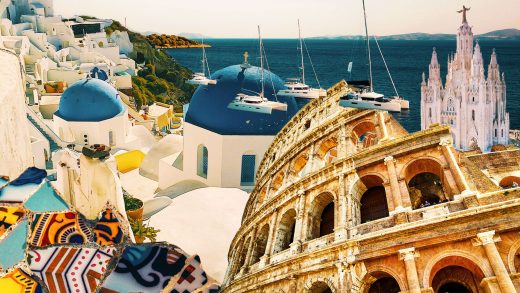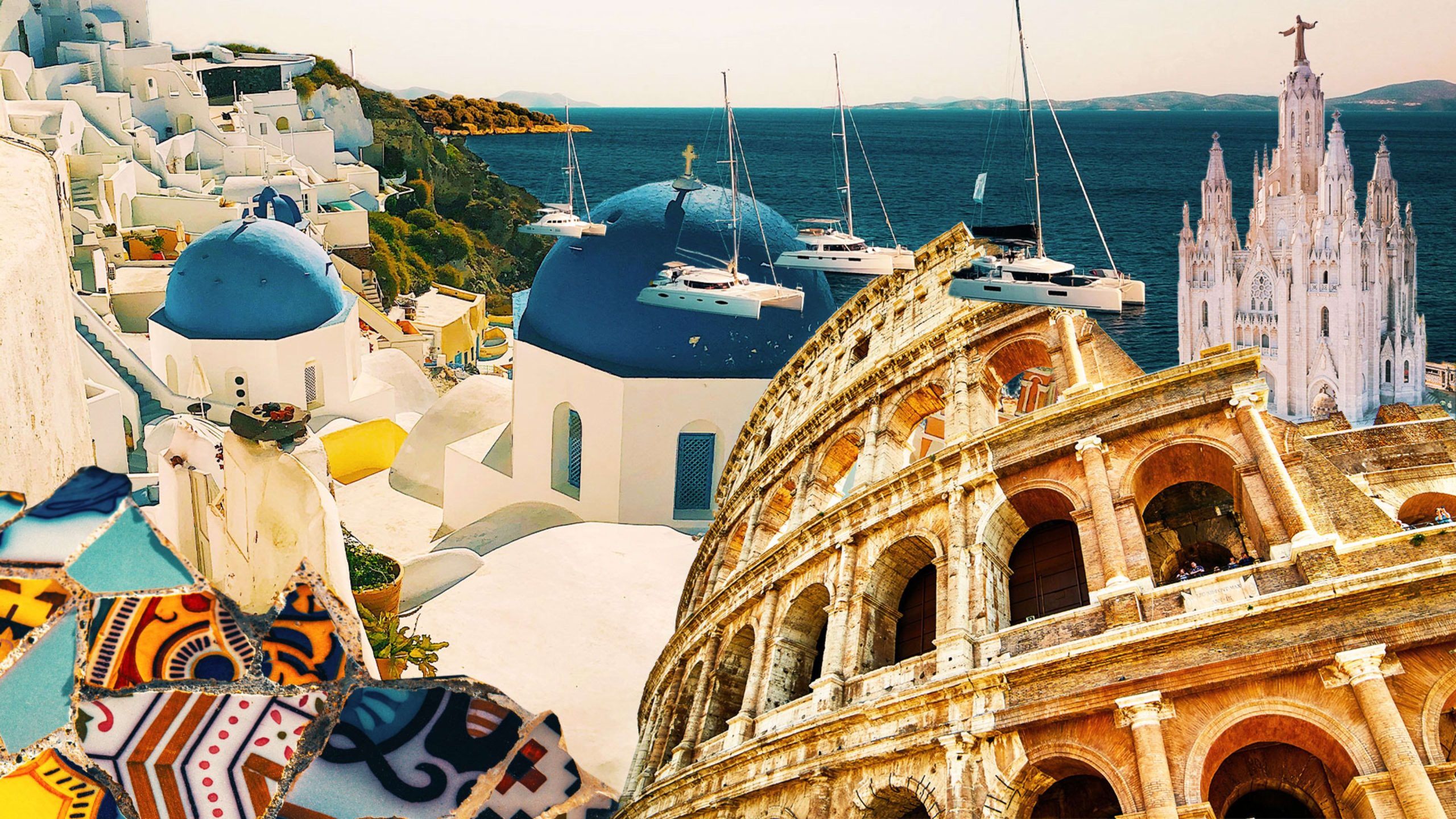Italy, Spain, and Greece are piloting tourist taxes—and locals are conflicted
Italy, Spain, and Greece are piloting tourist taxes—and locals are conflicted
In Venice, which just became the world’s first city to charge for entry, some protestors argued that enjoying the historic city should remain free to all.
BY Sarah Bregel
It’s no surprise that travel is getting pricier. In 2024, airfare, hotel, and AirBnb rates are sky-high thanks to inflation and a surge in post-pandemic travel. But now, there are some new fees travelers will need to consider before embarking on some popular destinations: tourist taxes.
Several European nations have already begun implementing these new fees for tourists entering the country, such as Spain, Greece, and Germany. And this week, Venice became the first city in the world to implement such a tax.
While tourists might consider it a burden, the aim of the tax is to combat overtourism while boosting local economies.
However, not all members of the local economies think the tax is a good thing. In Venice this week, resident protestors clashed with riot police over the city’s pilot program, which charges a fee of 5 euros ($5.36) for entry. As municipal workers checked tickets outside the Santa Lucia railway station, some rallied against the new entry charge.
Giovanni Andrea Martini, a resident who took part in the protest, said, per The Guardian, it’s “a sad day because Venice is becoming a museum, a theme park.” Others shared in the sentiment, saying that charging a fee won’t stop overtourism, and expressed that denying people the right to enter the beautiful, historic city free of charge is simply unfair.
Meanwhile, others on social media argued that the fee for a day trip will help the city, and is a relatively small price to pay to enjoy Venice.
On Thursday, Venice Mayor Luigi Brugnaro addressed the goal of the program in a statement on X (formerly Twitter). “With courage and great humility we are introducing this system because we want to give a future to Venice and leave this heritage of humanity to future generations,” he wrote.
Previously, Brugnaro noted that while Venice is the first city to test the program, overtourism is a problem many cities face. “Through this measure, we want to improve the quality of life in #Venezia, we want to make it safer, cleaner, and with more services, in order to guarantee citizens and visitors peace of mind,” he said on Tuesday.
While there are mixed feelings about the new tax, it’s important to note that fees for tourists aren’t exactly new. Similar charges are often buried in hotel costs, such as “hotel occupancy taxes.”
And for some popular destinations where locals have felt the impact of natural disasters, a tourist tax may prove beneficial in a number of ways. For example, last summer, the Lahaina wildfires tore through Maui and caused utter devastation for the community. Now, a proposed tourist tax bill will aim to offset the disaster’s impact, according to the legislature.
These types of fees are expected to become more widespread, especially in summer hot spots. And they’re coming as prices for travel are generally on the rise: For example, Galápagos National Park, which currently charges $100 to enter, will double its fee beginning August 1, 2024.
Whether raising prices for travelers will be effective in cutting down on overtourism, however, remains to be seen.
ABOUT THE AUTHOR
(16)



